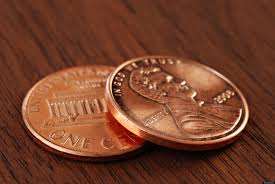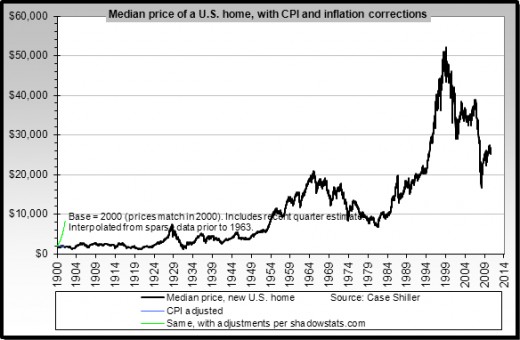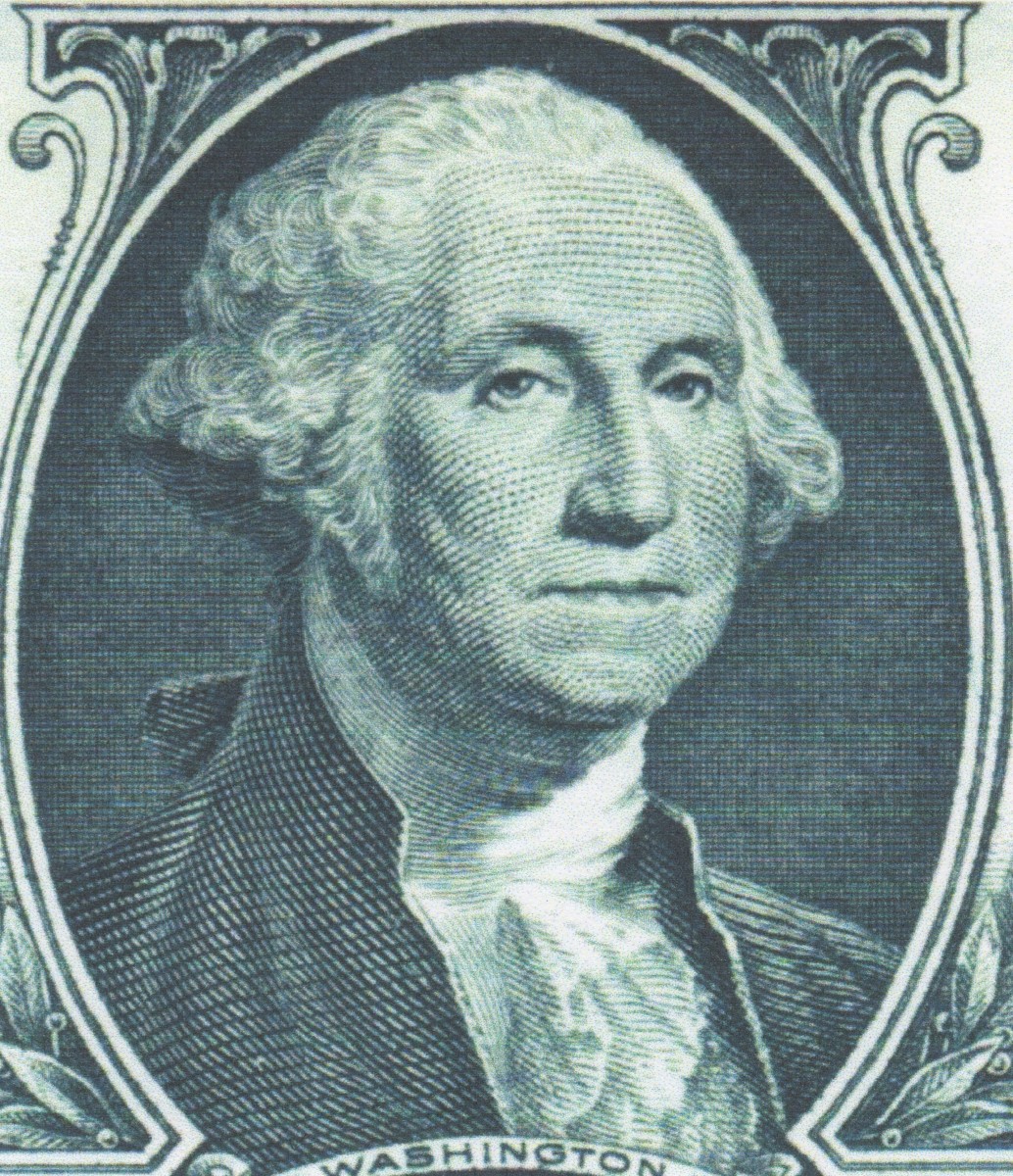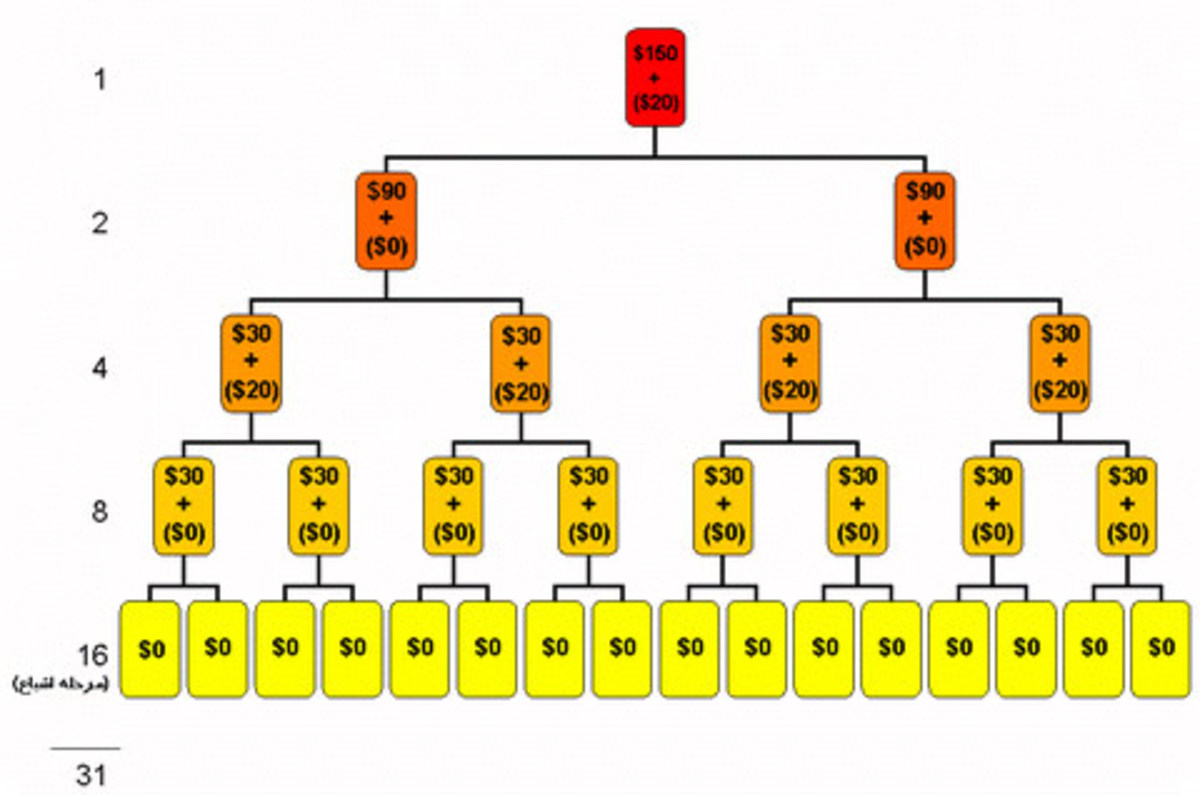Retire the Penny

Time to retire the US penny.
Recently, I was shopping at the local gas station and the cashier was trying to make change. He was out of pennies and just rounded off the 2 cents. I thought that's a great idea that should have happened years ago. Why do we still have pennies? I did a little research and here is what I found.
-March 2015
Background
The US penny has been around since 1909. In 2013, the value of the penny is 1.83 cents. That means it cost more to mint a new penny than what it is worth. Over the years, due to inflation the value of the dollar has declined dramatically. In fact, the value has inflated 24 folds since 1913 using a CPI calculator.
Think about it, a penny in 2014 is only worth 1/24th of a cent in 1913. It is just common sense that the penny has outlived it's usefulness.
The Congress has been discussing about retiring the penny for quite some time. However, knowing the way government works, it will take a long time before anything actually gets done.
We the people and the private sector has some leverage in this arena. We can choose to not use the penny any more. It is strictly voluntary and it will have zero effect on everything else in the financial industry. In a nutshell, by round off all cash transactions to the nearest nickel, we can make the penny obsolete. If this is adopted by the majority of the public, the penny will eventually disappear. The government will no longer need to mint a coin that is useless and save money in the process. It is a rear occurrence when the government can actually eliminate a program.
CPI since 1900

The Simple Plan
Every time you make a purchase at a store and pays by cash, you agree to round off the amount to the nearest nickel. For example, if a bill is $1.24, you pay the merchant $1.25. If the bill is $1.21, you pay $1.20. That's how simple it is. On average, the merchant should make the same amount. It is totally revenue neutral.
It is also important to note that no other transactions are affected. If you pay by credit or check, this does not apply. You still pay the exact amount what ever the bill is. All your bills and bank transactions are unaffected.
By doing this simple act, we can free the merchant's register a penny tray and all the manual labor associated with making change with pennies. It should save time at checkout. It would be beneficial to all banks that no longer need to deal with rolling pennies. For the individual, our wallets will be a bit lighter and not have to keep pennies. Charities will benefit indirectly when everyone will donate their existing pennies to drop boxes. It is a win win for everyone.
It is estimated that the US will save $120 Million dollars by retiring the penny. WOW!
For the environmental conscious, think of all the copper and zinc that will be saved.
Call to Action
My inspiration for this hub is to help promote this idea. All it takes is for every consumer to educate their friends and family and local merchants to the benefits of this simple idea. There is no need to call your Congressman or Senator. It can be truly a grass root effort. Over a short period of time, it can be implemented and have a dramatic effect.
In this crazy world today, when everything seem to be political and confrontational, this is one idea that should be a no brainer. It has all the benefits and no downside. What could be better to start out the new year?
Some resources...
Citizens to retire the penny - has all the background and details on the plan and contains flyers that can be printed to pass around to your local shops.
CPI Calculator - A Consumer Price Index calculator that goes back to 1913.
Washinton Post article on this topic.
Sign the petition at change.org. - Another thing we can do to help.
Next step - Retired the Nickel
If this is successful, the next coin to be retired will be the nickel.
The same arguments for the penny applies to the nickel. In 2014, it costs 11 cents to coin a nickel.
Rounding will be applied as such -for example from $1.05-$1.09 will be round up to $1.10; $1.01-$1.04 to be round down to $1.00.
Think of all the raw metal that will be saved and save more money by the Treasury.
The winners may also include coin collectors. Over time, the penny and the nickel may be a precious collector item.



